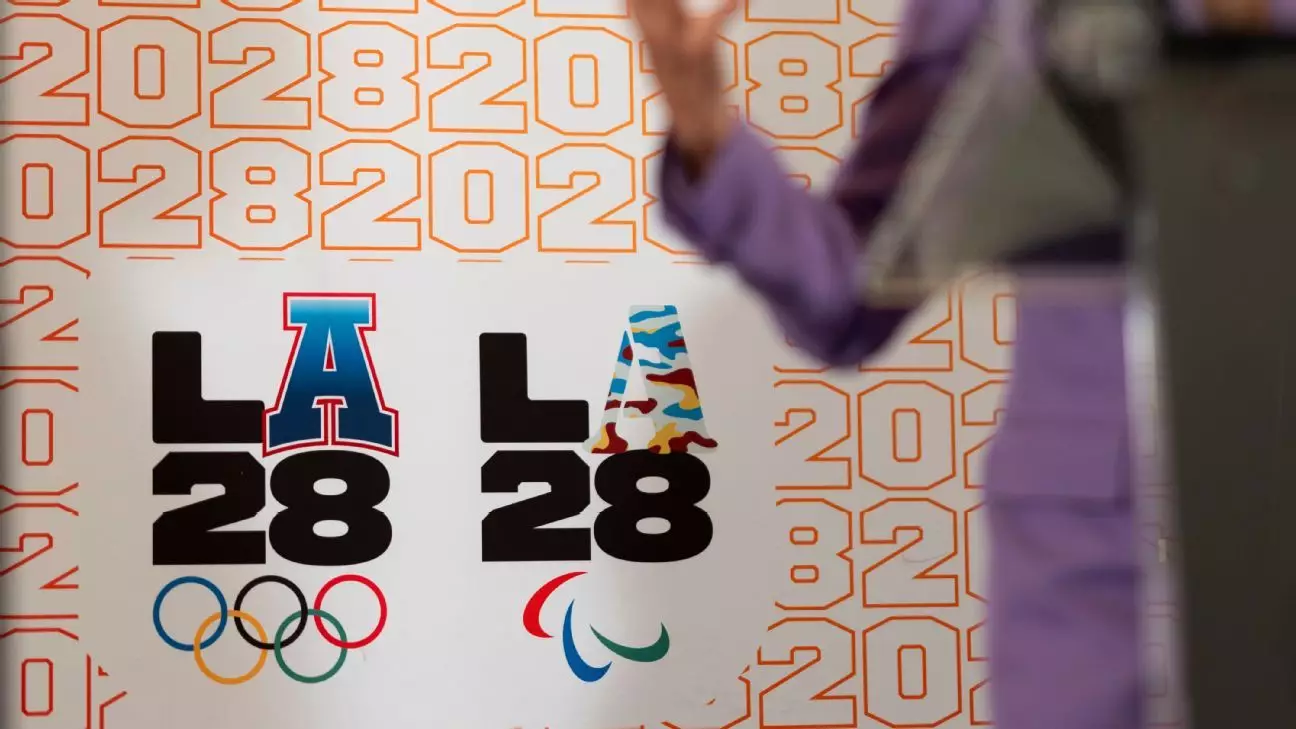The decision to commence basketball competitions two days before the official opening of the 2028 Los Angeles Olympics marks a significant shift from traditional scheduling. Historically, Olympic sports align their start dates with the opening ceremony, symbolizing unity and a cohesive celebration. However, organizers are now prioritizing the athlete and viewer experience over tradition, aiming to craft a more engaging and efficient Games. By starting basketball early, they intend to prevent congested schedules and ensure that players can perform at their best without the pressure of overlapping major opening events.
This change also seeks to optimize broadcasting opportunities. Early basketball games will generate buzz and extend the coverage window, keeping global audiences captivated. It demonstrates a strategic move towards making the Olympics more viewer-centric, allowing fans to focus on their favorite sports without the competition from the opening ceremony’s spectacle. While such a departure from norms might seem minor, it reflects a broader willingness among organizers to innovate and tailor the Olympics to contemporary expectations.
The Impact on Athletes and Competitive Fairness
One of the critical questions surrounding this scheduling adjustment is how it impacts athlete preparedness and fairness. Starting basketball before the official opening could influence team routines, morale, and preparation strategies. Teams might have to adjust their training schedules and mental readiness to contend with events that begin days before the ceremonial festivities. This approach could advantage teams with more experience managing early competitions or those who can adapt quickly.
Additionally, the early start might blur the lines between traditional Olympic phases, creating a sense that the Games are a continuous relay rather than a set of discrete events. Some critics might argue that such modifications could diminish the ceremonial sanctity of the Olympics, turning a historic event into a more commercialized and sport-focused festival. Nevertheless, the organizers seem willing to accept these changes, emphasizing the importance of a seamless, athlete-centered experience.
Broader Implications for Future Olympic Scheduling
This development could signal a broader transformation in how the Olympics are structured. Initiating key events before the official opening can set a precedent for more flexible scheduling, especially as sports demand more competitive and spectator-friendly formats. It reflects a pragmatic shift: instead of rigidly conforming to traditional timelines, organizers are exploring ways to maximize athlete performance, viewer engagement, and logistical efficiency.
Moreover, starting multiple sports before the opening ceremony, such as water polo, rugby sevens, and field hockey, indicates a move toward a phased approach to Olympic competitions. This could lead to a more extended overall schedule with events dispersed over a longer period, allowing for better focus and recovery for athletes, and potentially reducing event congestion on peak days.
While this innovation offers many potential benefits, it also invites skepticism about losing some of the Olympics’ iconic ceremonial elements. Will these changes enhance or dilute the grandeur of the Games? That remains to be seen. Nonetheless, Los Angeles’s early basketball start is undoubtedly a bold step toward modernizing the Olympic experience, emphasizing performance and viewer satisfaction over tradition.

